1
As someone who has been a student, I can say for sure that having the right software is essential for a smooth learning process, staying productive, and staying organised. There are many options for free software that is made just for kids.
The goal of these tools is to meet a lot of different needs, like writing, taking notes, managing projects, getting to educational materials, and working with other students. Not only do they not cost much, but they also have features that can compete with those of paid options. If you are a student like me, this piece will give you an overview of some of the best free apps that I see as useful for your needs.
The goal of these tools, which include everything from all-in-one office suites to easy-to-use note-taking apps and engaging learning platforms, is to help you with your studies and make you more successful. Our goal with this article is to give you a thorough look at each piece of software, focusing on what makes them unique and how they can help you learn.
Best Free Software for Students Comparison Table
Students can learn, work, and stay prepared a lot better if they choose the right software tools. There is now a lot of free software out there that is made just for kids. It lets kids do a lot of things they might need, like make documents and take notes, and it also has tools for learning and working together. This table shows you the most important features of some of the best free apps for students and compares them. We hope this helps you pick the tools that work best for you and your school.
| Feature | LibreOffice | Notion | Khan Academy | Trello | Google Workspace for Education |
|---|---|---|---|---|---|
| Platform | 💻 Windows, macOS, Linux | 💻 Web, macOS, Windows, iOS | 💻 Web | 💻 Web, macOS, Windows, iOS | 💻 Web |
| Pricing | 💸 Free | 💸 Free with paid plans | 💸 Free | 💸 Free with paid plans | 💸 Free |
| Collaboration | ✅ Yes | ✅ Yes | ❌ No | ✅ Yes | ✅ Yes |
| Document Editing | ✅ Yes | ✅ Yes | ❌ No | ❌ No | ✅ Yes |
| Task Management | ❌ No | ✅ Yes | ❌ No | ✅ Yes | ✅ Yes |
| Note-taking | ✅ Yes | ✅ Yes | ❌ No | ✅ Yes | ✅ Yes |
| Learning Resources | ❌ No | ❌ No | ✅ Yes | ❌ No | ✅ Yes |
| Mobile App Availability | ❌ No | ✅ Yes | ✅ Yes | ✅ Yes | ✅ Yes |
| Integration with Other Tools | ✅ Yes | ✅ Yes | ❌ No | ✅ Yes | ✅ Yes |
Best Free Software for Students
We have several free software tools that can improve our learning, productivity, and organisation in the digital age. The correct software can improve academic accomplishment in essay writing, project management, peer collaboration, and resource access. We’ll cover the greatest free student software in this comprehensive overview. These applications offer word processing, note-taking, project management, and online learning. Understanding the features, benefits, and criteria for choosing the best free software helps students optimise workflows, stay organised, and succeed academically.
LibreOffice
| Feature | Description |
|---|---|
| Compatibility | Works on Windows, macOS, Linux |
| Applications | Writer (word processing), Calc (spreadsheets), Impress (presentations), Draw (diagrams), Base (databases) |
| File Formats | Supports ODF (Open Document Format), Microsoft Office formats (DOCX, XLSX, PPTX), PDF, and more |
| Collaboration | Real-time collaboration, track changes, comments |
| Customization | Extensible with plugins and extensions, customizable UI themes |
| Pricing | Free and open-source |
| Visit website |
It’s been LibreOffice that I use when I need a powerful and inexpensive office package. It meets all of my school needs with tools like Writer for word writing, Calc for spreadsheets, and Impress for presentations.
It works with Microsoft Office formats, so you can easily work together on different devices. It’s a good choice for students like me who need stable productivity software that won’t break the bank because it’s easy to use, has a lot of features, and gets updates often.
The Good
- Free and open-source software.
- Compatible with multiple platforms.
The Bad
- Limited mobile app support.
Notion

| Feature | Description |
|---|---|
| Workspace | All-in-one workspace for notes, documents, databases, tasks, and more |
| Collaboration | Real-time collaboration, comments, mentions, task assignments |
| Templates | Templates for various use cases (project management, note-taking, personal wiki, etc.) |
| Integration | Integrates with popular apps like Google Drive, Slack, Trello, GitHub, and more |
| Customization | Customizable layouts, database views, and styling |
| Pricing | Free tier with limited features, paid plans for advanced features |
| Mobile Support | Mobile apps for Android and iOS |
The way I organise my work has changed because of Notion. It’s more than just a note-taking app; it’s a full office. I use it to take thorough notes, keep track of projects and tasks, work with classmates, and learn new things. Notion is an important part of my productivity toolkit because it lets me change the themes, works with rich media, and works well with other programmes.
The Good
- Real-time collaboration and customizable layouts.
- Integrates with popular apps and services.
- Templates for different use cases.
The Bad
- Learning curve for new users due to its extensive feature set.
- Free plan has limited features
Khan Academy

| Feature | Description |
|---|---|
| Learning Content | Extensive library of video lessons, exercises, quizzes, and articles |
| Subjects | Covers math, science, economics, arts, humanities, computing, and more |
| Personalization | Personalized learning paths, progress tracking, skill recommendations |
| Interactive | Interactive exercises, simulations, and challenges |
| Community | Discussion forums, Q&A sessions, community contributions |
| Pricing | Free for all users |
| Mobile Support | Mobile apps for Android and iOS |
Khan Academy has saved my life by giving me extra help with my schoolwork. I can learn at my own pace and get better at many things thanks to its many courses on different topics, live lessons, practice problems, and tools for keeping track of my progress. Khan Academy is a great resource for students like me because it is easy to use and has a lot of material.
The Good
- Personalized learning paths and progress tracking.
- Interactive exercises and simulations.
- Free for all users.
The Bad
- Self-paced learning may not suit all learning styles.
- Limited advanced courses in certain subjects.
Trello

| Feature | Description |
|---|---|
| Boards & Cards | Organize tasks and projects into boards and cards |
| Collaboration | Assign tasks, comments, file attachments, due dates |
| Workflows | Customize workflows with lists, labels, and automation |
| Integration | Integrates with popular apps like Google Drive, Slack, Dropbox, and more |
| Productivity | Calendar view, checklists, activity log, notifications |
| Pricing | Free basic plan, paid plans for advanced features and team collaboration |
| Mobile Support | Mobile apps for Android and iOS |
Trello has helped me keep track of my tasks. I use boards, lists, and cards to organise my tasks, learn, keep track of due dates, and work well with my teammates on group projects.
You can keep track of all of your school and extracurricular events with Trello. It has a visual layout, workflows that can be changed, and it works with other apps like Google Drive and Slack.
The Good
- Integrates with various apps and services.
- Mobile apps for on-the-go access.
The Bad
- Free plan has limitations on features
Google Workspace for Education

| Feature | Description |
|---|---|
| Productivity | Gmail, Calendar, Drive, Docs, Sheets, Slides, Forms, Sites |
| Collaboration | Real-time editing, comments, chat, video conferencing (Google Meet) |
| Education Tools | Classroom for assignments, quizzes, grades management |
| Security | Advanced security features like data encryption, 2-step verification |
| Integration | Integrates with Google Classroom, third-party education apps, and LMS |
| Pricing | Free for eligible institutions, premium plans available with enhanced features |
| Mobile Support | Comprehensive mobile apps for Android and iOS |
Google Workspace for Education has made it easier and faster for me to do my schoolwork. Some of the apps that help me keep track of what’s going on in my classroom and work with others in real time are Drive, Docs, Sheets, Slides, Forms, and Drive.
I think Google Workspace for Education is great for both schools and students like me because it has tools for organising classrooms, talking to each other, and keeping files safe.
The Good
- Real-time collaboration, chat, and video conferencing.
- Education-specific features like Classroom for assignments and grades.
- Comprehensive mobile apps for Android and iOS.
The Bad
- Some features limited to paid plans.
- Data privacy concerns for some institutions
Criteria for Selecting the Best Free Software
I look at a few important factors when picking the best free software to make sure it meets my wants well. Some of these factors are functionality, user experience, compatibility, security, and support. Let’s look at each of these criteria in more detail to see how it helps me choose the best free software for my needs.
- Free vs Paid Features: Often, free software has limited features compared to paid plans. Identify any features locked behind a paywall that might be crucial for you.
- Learning Curve: How easy is it to learn and use? If you’re not very tech-savvy, a program with a simple interface and good tutorials is essential.
- User Interface: Is the interface clean and intuitive? Will it slow down your workflow?
- Updates and Bug Fixes: Is the software actively maintained with regular updates? Free software by a small team might lack frequent updates.
- Security: Consider the software’s reputation for security. Is your data safe?
Questions and answers
Does the effectiveness of free software for students compare to that of paid software?
The use of free software can be extremely beneficial for students because it provides them with extensive functionality, consistent updates, and community assistance. On the other hand, subscription software could offer more advanced features, premium support, and integration choices than free software does.
To what extent is it possible to use free software for professional reasons after graduation?
There is a wide variety of free software solutions that have characteristics that are suitable for professional use and can be utilised in professional settings after graduation. It is of the utmost importance to review the licencing terms and investigate any restrictions on commercial use.
What measures can I take to guarantee the safety of my data when I am utilising free software?
Choose reliable suppliers that have robust security measures, enable two-factor authentication (2FA), update software on a regular basis, encrypt sensitive data, and follow best practices for online safety in order to guarantee the safety of your data when you are using free software.
You Might Be Interested In
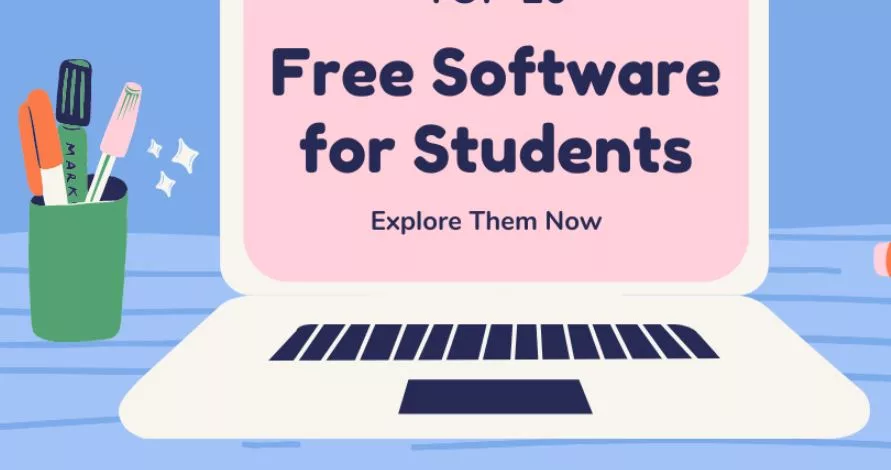
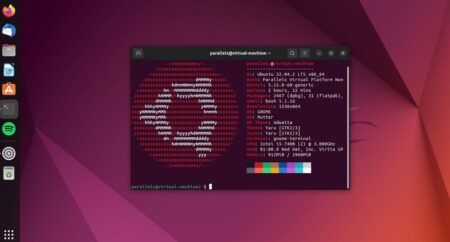
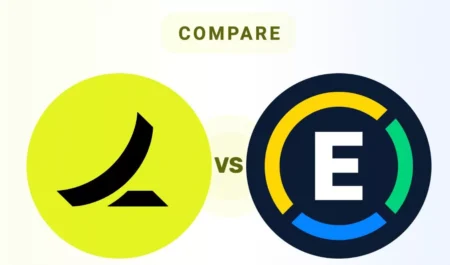


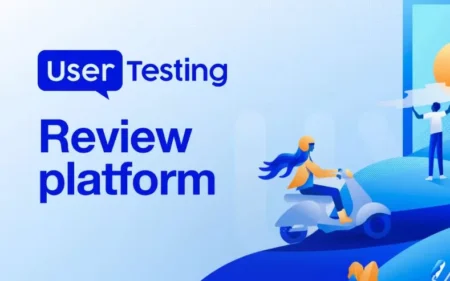
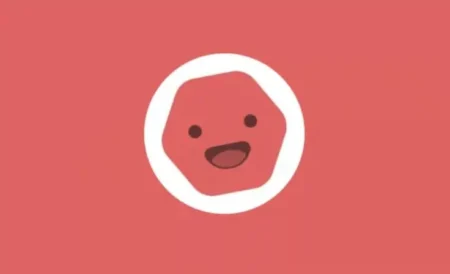
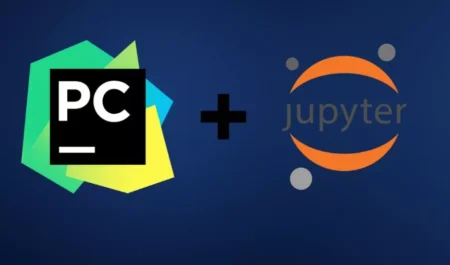
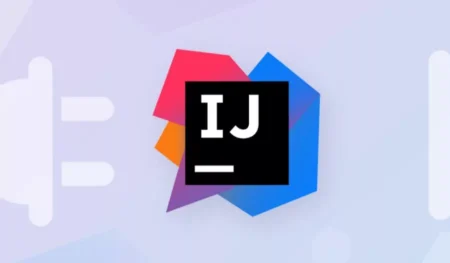

Leave a Reply